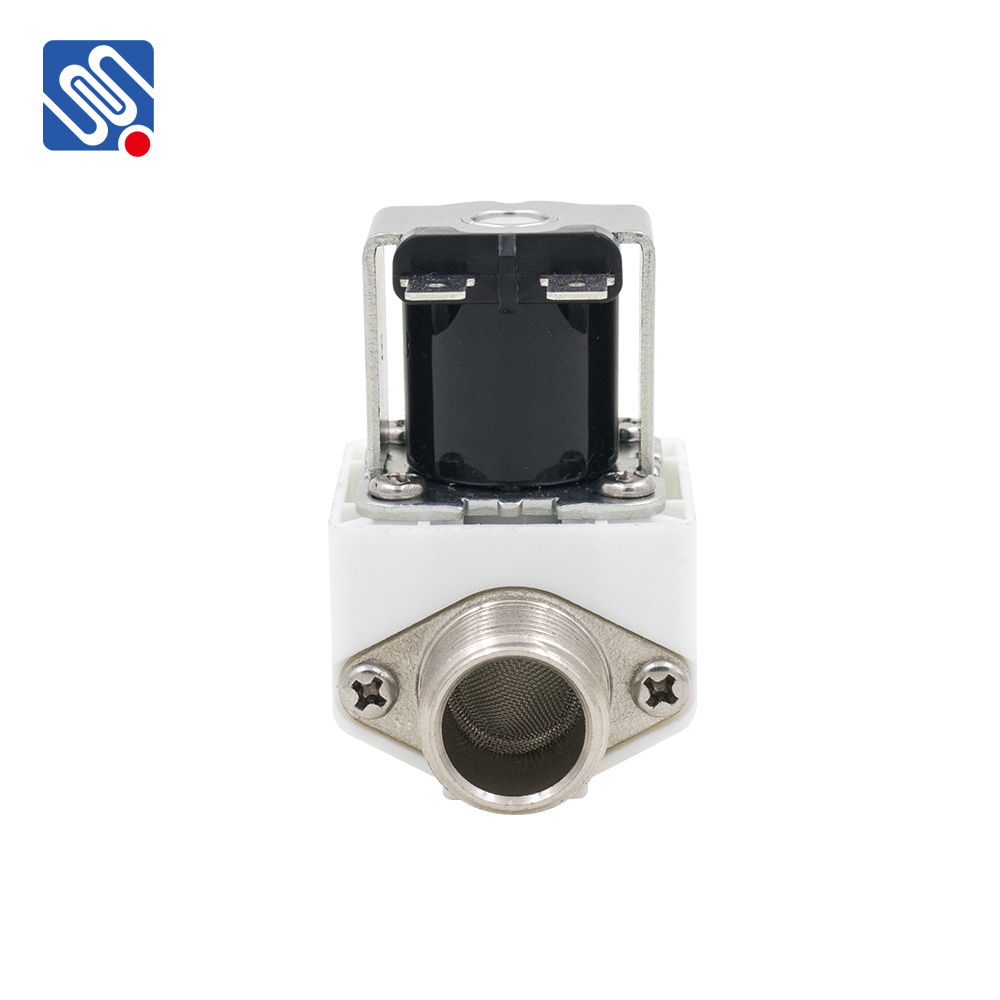understanding food grade solenoid valve: importance, applications, and benefits
Release time:2025-07-20 07:10:00
A food grade solenoid valve plays a crucial role in the food and beverage industry, where hygiene, safety, and efficiency are paramount. These valves are specifically designed to handle fluids and gases in food-related processes while ensuring that the materials used are non-toxic and compliant with industry standards. In this article, we’ll explore the importance, applications, and benefits of food-grade solenoid valves, and why they are a vital component in modern food production systems.

What is a Food Grade Solenoid Valve?
A food grade solenoid valve is an electrically controlled valve used to regulate the flow of liquids, gases, or vapors in food and beverage manufacturing processes. The primary function of these valves is to open or close the flow path when an electric current is applied to the solenoid coil. This activation can be automatic, allowing for precise and timely control of liquids and gases in production lines.
The term "food grade" refers to the materials used in the construction of the valve, ensuring they meet specific hygiene and safety standards. The materials must be durable, non-corrosive, and capable of withstanding cleaning processes commonly used in the food industry. Stainless steel, especially 304 or 316 grade, is a popular material choice, as it is resistant to rust, corrosion, and contamination.

